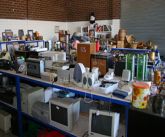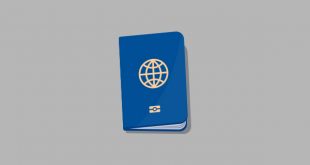 Turkey requires for imports of second hand goods – old, used or renovated – an import license. . According to Article 7 of the Turkish import regime, the importation of old, used, renovated, faulty and obsolete goods is subject to permission by the Under-secretariat for Foreign Trade. Some second hand goods (in general, capital goods used in different sectors such as food, packaging, textile, machinery, mining and metal, construction, transportation etc.) which are listed as an annex to the import regime can be imported freely provided that they are not older than 10 years.
Turkey requires for imports of second hand goods – old, used or renovated – an import license. . According to Article 7 of the Turkish import regime, the importation of old, used, renovated, faulty and obsolete goods is subject to permission by the Under-secretariat for Foreign Trade. Some second hand goods (in general, capital goods used in different sectors such as food, packaging, textile, machinery, mining and metal, construction, transportation etc.) which are listed as an annex to the import regime can be imported freely provided that they are not older than 10 years.
Turkey has introduced burden some measures for surveillance that are contrary to the Customs Union provisions and the WTO. These measures apply in all cases where the importer indicates a product value which is below an officially fixed value (called CIF). In practice, this forces importers to artificially indicate a too high product value (i.e. the CIF reference value) to avoid this procedure. However, this practice is to their detriment in the calculation of non-refundable taxes, and thus discriminatory compared to domestic producers (e.g. in the area of TVs). The surveillance should only be used for statistical purposes in accordance with the EU acquis.
The EU surveillance system is implemented automatically by the customs authorities of EU Member States and the collected data is transferred to the Commission. Importers in the EU are not even informed that a product is subject to surveillance. On the contrary, Turkey adopts surveillance measures which are not related to existing or upcoming trade defence instruments. Furthermore, some of Turkey’s surveillance measures have been in force for a long period of time (e.g. since 2004) which goes beyond the statistical purpose.This issue has been raised in several ad hoc-meetings on trade issues, and lately in high level meetings on October 2010 and January 2011.
 Turkish Labor Law
Turkish Labor Law



